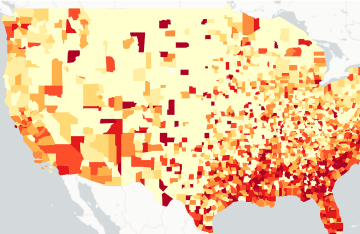Center for Advanced Research in Global Communication Releases CARGC Report 1
The study explores the potential of interactive voice response systems to engage citizens in peacebuilding in Rwanda.

The Annenberg School for Communication’s Center for Advanced Research in Global Communication Press (CARGC Press) has published CARGC Report 1, "The Use of IVR to Support Monitoring and Evaluation of Media Interventions: A Case Study of the VOTO System in Rwanda."
In this report, Lauren Kogen, an Assistant Professor at Temple University and an alumna of the Annenberg School Ph.D. program, and Briar Smith, Associate Director at the Center for Advanced Research in Global Communication, explore the potential that Interactive Voice Response (IVR) systems have as both a distribution and monitoring and evaluation (M&E) tool, noting the limitations the current state of IVR technology imposes.
The report presents the findings of the United States Institute of Peace (USIP) funded grant, “Amplifying Peace: Testing Mobile Interaction in Rwanda.” Funded and implemented under the auspices of the Center for Global Communication Studies (CGCS) — which starting July 1, 2016, merged with the Project for Advanced Research in Global Communication (PARGC) to constitute the Center for Advanced Research in Global Communication (CARGC), an institute for advanced study dedicated to the study of global communication in public life — the project explored mobile IVR technology for those engaged in peacebuilding, investigated the usefulness of the platform for information dissemination and information collection, and evaluated the platform as a tool to improve monitoring and evaluation.
Building on Radio La Benevolencija’s (RLB) established infrastructure of radio programs for peacebuilding in the Great Lakes region of Africa, a pilot study was implemented in Rwanda to demonstrate how mobile phone technologies can 1) amplify the reach of radio programs; and 2) streamline (M&E) of radio programs. This work fills an evidence gap often found by organizations in the development field who are interested in using ICTs, but have inadequate information about effective and practical ways to do so, or which ICTs would be the most appropriate for their projects.



